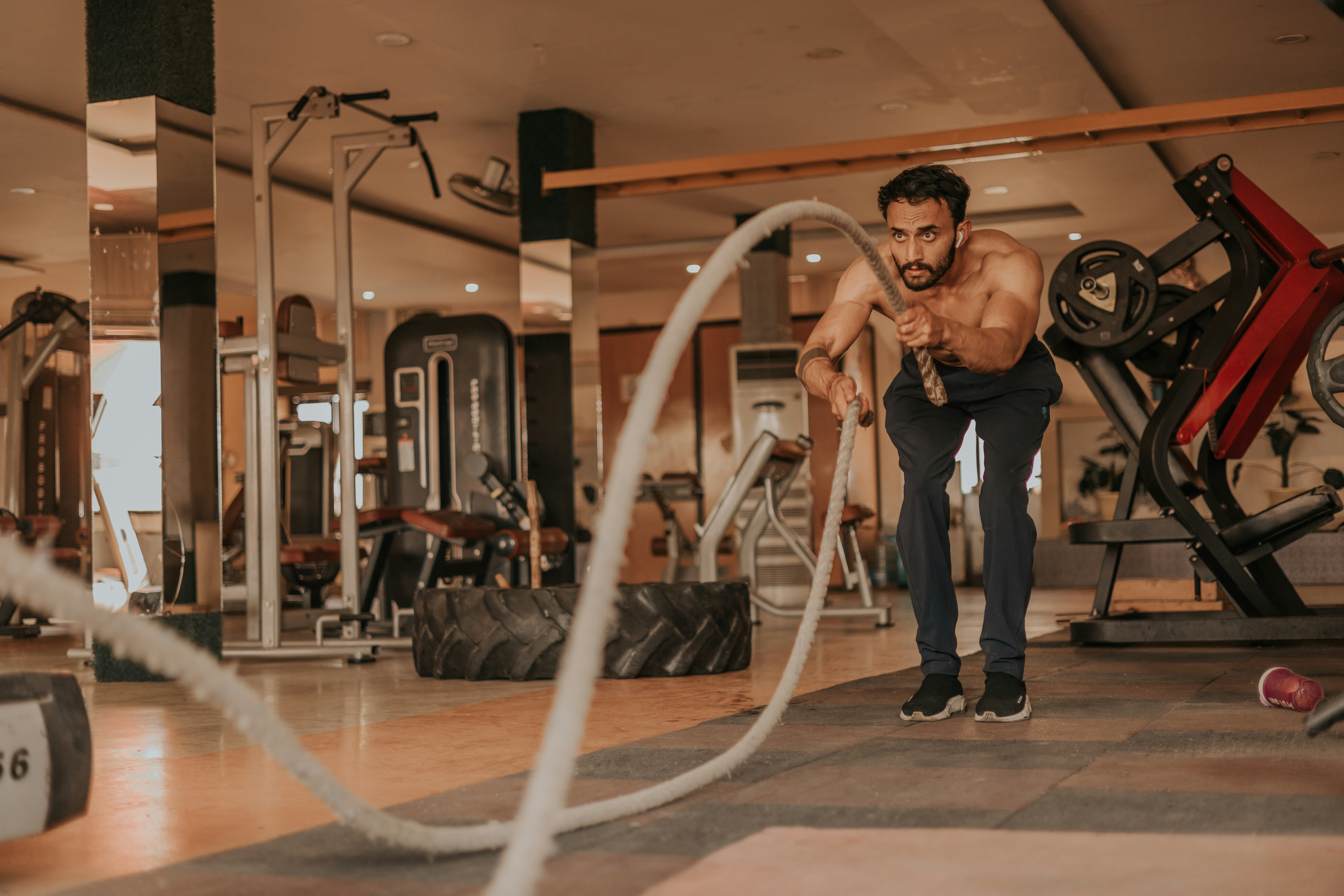
Most people see fitness as a path to physical health or an outlet for stress. Yet, the real story goes far deeper. Fitness and professional performance share a powerful link that impacts energy levels, creativity, focus, and even career advancement. The surprising truth is that regular exercise doesn’t just shape the body—it sharpens the mind and strengthens professional skills.
In today’s competitive environment, professionals continually seek an edge. While certifications, networking, and skill-building are helpful, few realize how much daily fitness routines can enhance workplace productivity.
Physical Health Fuels Professional Growth
Healthy bodies support stronger professional outcomes. Exercise improves cardiovascular health, boosts stamina, and lowers the risk of chronic illnesses—professionals who stay active report fewer sick days, better concentration, and consistent energy throughout their workday.
Imagine an employee tackling an intense project deadline. A fit body ensures that stress hormones stay balanced and mental fatigue doesn’t set in too quickly. This allows them to sustain high-quality work over long hours, making fitness a direct driver of performance.
Fitness Builds Mental Clarity and Focus
Professional performance thrives on clarity and decision-making. Fitness improves brain health by increasing blood flow and oxygen levels, which fuel sharper thinking. Research shows that exercise strengthens memory, enhances problem-solving, and boosts creativity.
For professionals, this means improved ability to brainstorm ideas, solve workplace challenges, and focus on complex tasks. Even a short workout during a lunch break can refresh the mind and increase afternoon productivity. The connection between fitness and professional performance becomes evident when a sharper focus leads to better results.
Stress Management Through Exercise
Work environments often demand multitasking, fast turnarounds, and constant communication. Stress can derail performance if not managed properly. Fitness provides a healthy outlet by lowering cortisol levels and releasing endorphins, which can help improve overall well-being.
When employees manage stress effectively, they communicate better, avoid burnout, and maintain positive relationships with colleagues. Fitness also enhances resilience, enabling professionals to recover more quickly from setbacks. This stress-buffering effect proves that fitness is not just personal—it’s a professional asset.
Confidence and Leadership Strength
Professional success depends not only on skills but also on how confidently one presents them. Fitness builds self-esteem and projects a strong presence. Whether giving a presentation, leading a team, or interviewing for a promotion, professionals who stay fit often display greater confidence.
Leadership also thrives on discipline. The same commitment needed to maintain fitness—consistency, accountability, and goal-setting—translates directly to professional leadership qualities. This connection helps explain why many top executives make fitness a non-negotiable part of their lives.
Workplace Productivity and Energy Levels
A sedentary lifestyle drains energy, while fitness builds it. Regular exercise enhances sleep quality, improves metabolism, and maintains energy throughout the day. Professionals who adopt fitness routines often find themselves tackling more tasks without feeling drained.
Organizations that invest in wellness programs also see improved workplace productivity. Employees who exercise regularly tend to collaborate better, complete projects faster, and innovate more. Fitness doesn’t just help individuals—it elevates entire teams.
Fitness and Career Advancement
The link between fitness and professional performance extends to career growth. Professionals who manage stress, maintain focus, and display confidence position themselves for advancement. Fitness habits reflect reliability and discipline, qualities employers value in leadership roles.
Fitness also influences networking opportunities. Whether joining a company sports league, attending wellness events, or bonding with peers over fitness challenges, professionals strengthen connections that can open doors to career development.
Small Fitness Habits That Deliver Big Professional Results
The good news is that improving fitness doesn’t require hours in the gym. Small, consistent habits have a noticeable impact on professional performance. Consider these strategies:
Start the day with movement: Morning exercise increases alertness and sets a productive tone.
Take active breaks: Short walks or stretches can help reduce fatigue and sharpen your focus.
Prioritize sleep through fitness: Regular workouts improve sleep quality, ensuring refreshed mornings.
Mix cardio with strength training: A balanced routine boosts both endurance and resilience.
Incorporate mindfulness: Yoga or meditation enhances stress management and emotional intelligence.
Even 20 minutes of movement daily creates a lasting impact on energy and focus.
The Role of Employers in Supporting Fitness
Companies that recognize the connection between fitness and professional performance gain a competitive advantage. Wellness programs, gym memberships, walking meetings, and flexible schedules encourage employees to stay active.
When organizations invest in fitness, they benefit from reduced healthcare costs, lower turnover, and higher job satisfaction. Fitness becomes more than a personal choice—it evolves into a shared corporate culture that drives success.
The Science Behind Fitness and Brainpower
Studies show that physical activity stimulates the release of brain-derived neurotrophic factor (BDNF), which supports learning and memory. Exercise also increases dopamine and serotonin levels, improving mood and motivation.
Professionals who stay active don’t just feel better physically—they make smarter decisions, handle pressure more effectively, and adapt to challenges quickly. This scientific link reinforces the idea that fitness is a key driver of professional performance.
The Hidden Advantage of Fitness
Fitness and professional performance are not separate—they are deeply connected. Exercise fuels energy, sharpens focus, reduces stress, and builds confidence. These qualities don’t just make someone healthier; they make them a stronger professional.
In a world where success demands more than technical expertise, fitness provides the hidden advantage. By adopting consistent fitness habits, professionals unlock higher levels of productivity, creativity, and career growth. The surprising connection between fitness and professional performance may be the key to achieving long-term success.